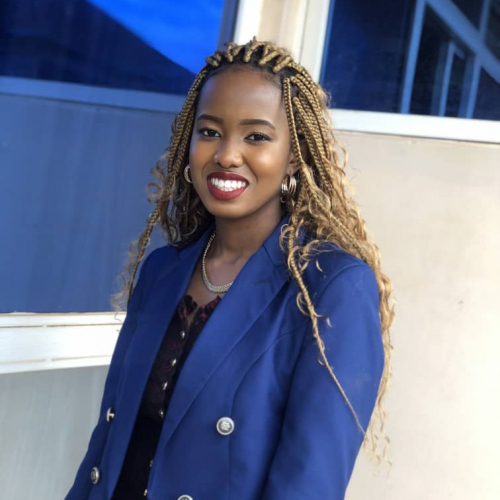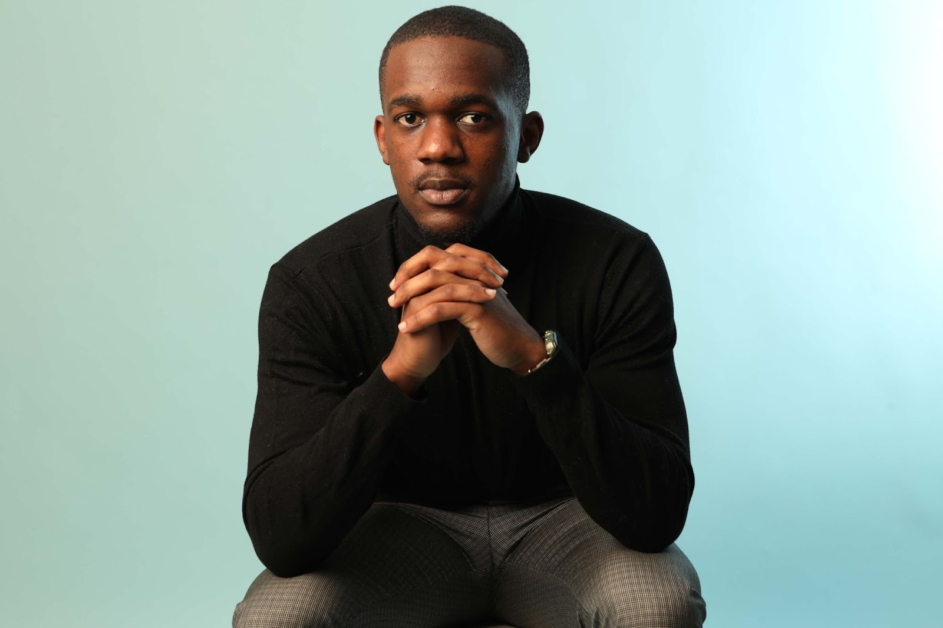According to a report from the Uganda Counseling Association and the Ministry of Health, 14 million Ugandans are currently mentally sick. Essentially, this implies that in every 100 Ugandans, 35 are battling a mental disorder, most probably silently.
The mental disorders can range from depression, bipolar disorder, dementia and autism among others. In Africa, Uganda ranks in the top 6 in Africa in the rates of depression (4.6% of the population) while 2.9% live with mental disorders. But these are 2017 statistics. Mental Health problems were exacerbated by COVID-19 and the ensuing lockdowns that drove more people into poverty and loneliness as governments forced everyone to stay home.
However, Uganda lacks adequate facilities and resources to fight mental health, which is increasingly becoming a pandemic. We have a dearth of therapists and psychologists and, with the fees for a session ranging from 50,000 – 300,000, they are out of reach for the most vulnerable people. But a few startups founded by young people are now fighting back.
I met Kirabo Atuhurira at the Uganda Innovation Week at Mestil Hotel in November 2022. With her light green braids, she stood out in the crowd. In my conversation with her, I learnt that she is a young software engineering graduate from Makerere University and was running a mental health startup called Mindspace. Kirabo didn’t speak much the first time we met, but I was intrigued to meet her again.
In our second conversation, she opened up. Despite her regular smiles and exuberant confidence, she suffered from anxiety. When I pressed to understand anxiety even further, she elaborated. “Anxiety is a disorder that brings about constant nervousness and panic and your brain doesn’t think rationally”, she told me.

She revealed how she experienced some really dark days when she had stopped going for sessions due to the lockdown and the only person she could reach out to was a friend who, luckily, was a certified professional.
“I suffered from anxiety, and I realized there is a bunch of other people that suffer from these disorders. I was lucky enough to have a friend who had certifications in mental health so I could get help online or over the phone even in lockdown, but I wondered what was happening to those who didn’t!” This is what triggered the idea of Mindspace.
She started Mindspace with her friend and a developer who builds their technology including an app and a chatbot. The chatbot helps people to talk about their issues so that they can be matched with the best specialists in the Mindspace portfolio. Kirabo hopes to finalize the app to streamline the work of the chatbot. “Our products save people from lining up for therapy and also from the shame of physically going to therapists because the entire sessions can be done online, in the comfort of your room.”
Kirabo hopes that Mindspace can grow to become one of the premier providers of mental health services for the whole of Africa. “There aren’t many mental health services tailored for Africans. Also, the option of talking to your parents is not available for most Africans because mental health is stigmatized. But you can’t just ignore the problem away!”
A major goal of Mindspace is to overcome this stigma about mental health and to equip more people with knowledge about the crisis. “The fact that we don’t talk about it (mental health), is very bad”. Kirabo cited her own experience with anxiety. “My family is incredibly supportive, so when I first got diagnosed with anxiety, they weren’t well versed with it, so they just told me to breathe in and out!”
But Kirabo recognizes that her family had no idea what they were dealing with. And she counts herself lucky that it wasn’t an extreme case. “There are people dealing with extreme cases of depression or schizophrenia. These people need to see specialists, rather than being taken to church or being told to breathe in and out.”
“So the first step is getting the conversations out there. We need to make sure people understand it is okay, not to be okay. And for now, young people are more open and speaking out more unlike the older generation. But we hope to bring everyone on board.”
The battle to end the stigma, and to provide convenient treatment options for people battling mental health is not the work of Mindspace alone.
It’s ok not to be ok⏤ enter Joseph Katimbo and Ataraxis
Joseph Katimbo is an aeronautical fanatic. His love for aeronautics took him to Kingston University in London to study aeronautical engineering and is in his second year. But Joseph has another passion: Mental Health. Calling it a passion would be a stretch, it is more of a calling and something personal to him.
While still a high school student, Joseph was suffering. His mental health was not in the right place. Like anyone that is swamped by a problem, he sought solutions. “I wanted to access mental health services, but I didn’t want to tell the people around me because of the stigma.”, Joseph tells me. “I wondered why I couldn’t access the services(mental health) on my phone. I kind of put this at the back of my head.”

But the COVID-19 pandemic changed everything for Joseph. He noticed that most of his friends were not mentally fine. Joseph’s friends were not alone. The United Nations(UN) called Covid-19, the “Mental Health Pandemic Accelerant”. The mental health problem was exacerbated by the pandemic. Pre-pandemic, one in five adults in the USA experienced mental illness. Post-pandemic, as many as 80% of Americans are struggling with anxiety, depression, grief or isolation. This was because of the lockdowns that were enforced to curb its spread.
“We were inspired by the COVID-19 pandemic. We understood that we can use virtual means to achieve a lot like attending school or concerts. So we thought we could do the same for mental health.” Joseph and his co-founder decided to build a mental health app called Ataraxis.
Using the app, one can access mental health services. “We have 20 mental health professionals on our app that treat our patients. You can book a session to choose from a variety of mental health services on the app. The user can make an appointment with the professional at their convenience, whether weekly, bi-weekly or monthly. You can also make payments for these sessions in the app.”
Joseph has gone even further than just creating an app. He is a full-time mental health activist taking a gap year from university to focus on this. He holds weekly Twitter Spaces every Wednesday on the Ataraxis Twitter page to bring awareness to the silent scourge. The Twitter Spaces are diverse in content, talking about various mental health problems with various guests
Just like Mindspace, a goal of Ataraxis is to be able to make conversations around mental health more open. Joseph compares his experience in the UK, where he goes to school to Uganda. “In the UK, there is a much more established system and structure in place, so it is easy for someone to access mental health services. It is also a more open society when it comes to conversations. And generally, the prices are more affordable. Hopefully, Uganda can get there one day.”
